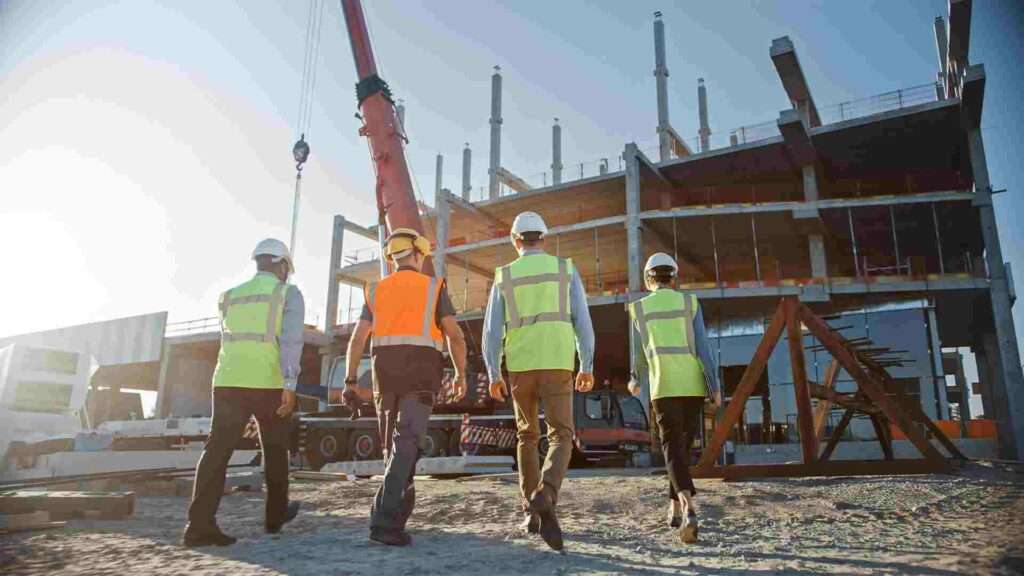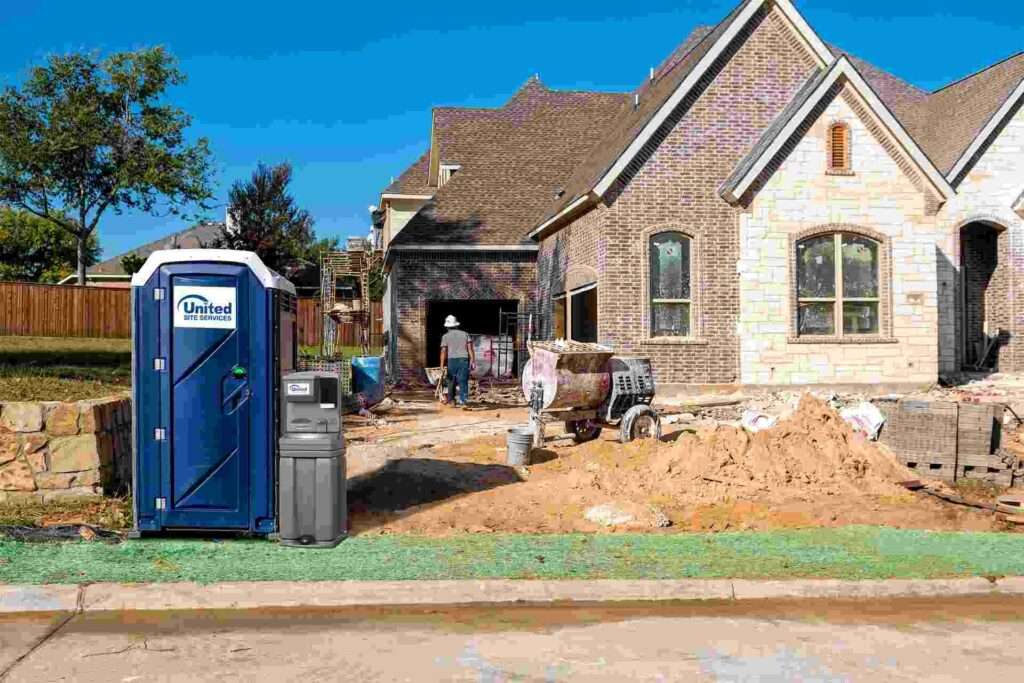Blogs
Common Residential Reconstruction Mistakes to Avoid in Plano, TX

Thinking about a home reconstruction in Plano, TX? It’s exciting, but it can also be a minefield of potential mistakes if you’re not careful. From overlooking crucial permits to misjudging your budget, the path to a flawless remodel is riddled with pitfalls. Ensuring that your project is smooth and successful means being aware of common missteps that can turn your dream home into a nightmare. In this guide, Intensa Dry will walk you through the most frequent residential reconstruction blunders and how to avoid them, helping you steer clear of headaches and ensuring that your renovation goes off without a hitch. Ready to dive in? Let’s get started!
1. Inadequate Planning
Proper planning is essential for a successful reconstruction project. In Plano, TX, a lack of detailed planning often leads to delays, budget overruns, and dissatisfaction. Start by clearly defining your project goals and creating a comprehensive plan that includes design details, materials, and finishes. Establish a realistic timeline and budget, including a contingency fund for unexpected expenses. Detailed planning helps prevent surprises and ensures your project stays on track, making it easier to achieve your desired outcome without unnecessary disruptions or additional costs.
2. Ignoring Permits and Codes
Ignoring permits and building codes can lead to costly complications. In Plano, TX, it’s essential to obtain the necessary permits and adhere to local codes to ensure safety and compliance. Research which permits are required for your renovation, such as those for structural changes, electrical work, or plumbing. Adhering to building codes is crucial to avoid fines, delays, or having to redo work. Schedule regular inspections to confirm compliance and ensure the project progresses smoothly and meets all regulatory standards, protecting your investment and safety.
3. Underestimating Costs
Accurate budgeting is critical for a smooth reconstruction process. Underestimating costs can lead to financial strain and project delays. Develop a detailed budget that includes estimates for labor, materials, permits, and potential unexpected expenses. Include a contingency fund—typically 10-20% of the total budget—to cover unforeseen costs. Regularly monitor spending and communicate with your contractor about any changes. By preparing a realistic budget for reconstruction and accounting for extra expenses, you can avoid financial surprises and keep your project on track.

4. Choosing the Wrong Contractors
Selecting the right contractor is crucial for project success. In Plano, TX, hiring an inexperienced or unreliable contractor can lead to poor workmanship and delays. Avoid basing your decision solely on cost; instead, research contractors thoroughly by checking their credentials, licenses, and past work. Obtain written estimates from multiple contractors and review references. Ensure you have a clear contract outlining the scope of work, payment terms, and timeline. For reconstruction service choosing a qualified contractor with a solid reputation helps ensure quality work and a smoother reconstruction process.
5. Neglecting Communication
Effective communication is vital for a successful renovation. Poor communication can result in misunderstandings, errors, and project delays. Establish clear communication channels with your contractor and schedule regular updates to discuss progress and address concerns. Document all decisions and changes in writing to ensure everyone is aligned. Be proactive in expressing your expectations and preferences, and encourage your contractor to keep you informed about any issues or updates. Open and regular communication helps avoid misunderstandings and ensures your project stays on track.
6. Overlooking Design Details
Attention to design details is key to a successful reconstruction. Overlooking these details can result in a final product that doesn’t meet your vision or needs. Finalize design elements, including materials, finishes, and fixtures, before starting construction. Work with a designer or architect if necessary to ensure your plans align with your goals. Avoid making changes during the project to prevent delays and extra costs. By focusing on design details from the beginning, you can achieve a final result that enhances both the aesthetics and functionality of your space.
7. Overlooking Contractor Licensing and Insurance
Failing to verify a contractor’s licensing and insurance can lead to significant problems. In Plano, TX, ensure that your contractor holds the necessary licenses and insurance before starting work. Licensing verifies that the contractor meets local standards and regulations, while insurance protects you from liability in case of accidents or damage. Request proof of both and check their validity with local authorities. Working with a licensed and insured contractor minimizes risks and provides peace of mind, ensuring your project complies with legal requirements and safeguarding your investment.
8. Skipping Detailed Contracts
A detailed contract is essential for a smooth reconstruction process. Skipping or rushing through contract details can lead to misunderstandings and disputes. Ensure your contract outlines the scope of work, materials, timelines, payment schedules, and any warranties or guarantees. Include clauses for handling changes, delays, and unforeseen issues. A well-drafted contract protects both parties by setting clear expectations and providing a framework for resolving conflicts. Review the contract thoroughly before signing and consult a legal expert if needed to avoid potential issues during the project.
9. Inadequate Project Supervision
Proper supervision is crucial for maintaining project quality and adherence to timelines. Inadequate supervision can result in mistakes, delays, and subpar workmanship. Regularly inspect the work to ensure it aligns with your plans and specifications. Communicate frequently with your contractor to address any issues promptly. If you’re unable to supervise the project yourself, consider hiring a project manager to oversee progress and ensure that the work meets your standards. Effective supervision helps ensure that your reconstruction project is completed to your satisfaction and according to the agreed-upon scope.
10. Poorly Managed Waste and Cleanup

Effective waste management and cleanup are often overlooked but are crucial for a successful renovation. Failing to manage construction debris properly can lead to a cluttered worksite and additional costs. Plan for waste disposal and cleanup from the start by arranging for dumpster rental or debris removal services. Ensure that the work area is kept tidy and that all waste is removed promptly. Proper cleanup not only improves safety but also enhances the final appearance of your home. By managing waste effectively, you can avoid delays and additional expenses.
11. Ignoring Environmental Impact
Ignoring the environmental impact of your reconstruction project can lead to missed opportunities for sustainability. In Plano, TX, consider incorporating eco-friendly practices into your renovation. Use energy-efficient materials, appliances, and fixtures to reduce your home’s carbon footprint. Recycle or repurpose materials when possible and choose contractors who prioritize environmentally friendly practices. By focusing on sustainability, you can minimize the environmental impact of your project and potentially save on utility costs in the long run. Green practices also contribute to a healthier living environment for you and your family.
12. Neglecting Future Maintenance
Failing to consider future maintenance needs can lead to increased costs and inconvenience. In Plano, TX, plan for ongoing maintenance when designing and selecting materials for your reconstruction project. Choose durable, low-maintenance materials that will stand up to wear and tear and consider long-term upkeep requirements. Establish a maintenance schedule for tasks such as cleaning, inspections, and repairs to keep your home in good condition. By addressing future maintenance needs during the planning phase, you can extend the lifespan of your renovations and ensure your home remains in excellent shape.
13. Overcomplicating Design Choices
Overcomplicating design choices can lead to confusion, increased costs, and delays. In Plano, TX, aim for a design that balances aesthetics and functionality without being overly complex. Simplify your design to ensure that it remains within budget and aligns with your practical needs. Avoid excessive changes or elaborate features that can complicate the construction process. Work with a designer to create a cohesive and straightforward plan that enhances your home’s appeal and functionality. By keeping design choices manageable, you can achieve a successful renovation that meets your expectations while staying within your budget.
Conclusion
Avoiding common residential reconstruction mistakes is key to a successful project in Plano, TX. By staying informed and proactive, you can navigate the complexities of home renovations with confidence. Remember to thoroughly plan, budget wisely, and choose reputable contractors to minimize risks. Clear communication and attention to detail will ensure your reconstruction not only meets but exceeds your expectations. With these tips in mind, you’ll be well on your way to achieving a seamless and satisfying renovation experience, transforming your home into the space you’ve always envisioned. Happy remodeling!

